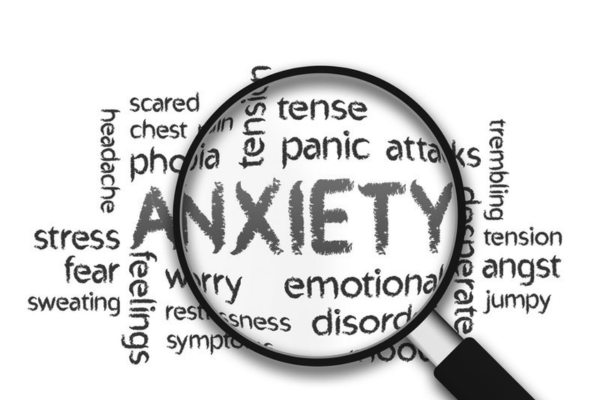“Even the darkest hour only has 60 minutes.” – T.D.P
Introduction:
Within the last year anxiety levels among American young adults have surged, prompting a deep dive into the causes and coping mechanisms. Research in 2023 paints a nuanced picture of mental health complexities in this demographic.

Causes of Anxiety:
- Academic Strain: The relentless academic pressure on young adults is a leading anxiety factor. Societal expectations, coupled with the competitive education landscape, burden students, triggering stress disorders. A 2023 National Institute of Mental Health study disclosed that 65% of young adults felt overwhelmed by academic stress, underscoring the correlation between educational pressures and anxiety.
- Financial Turmoil: Economic uncertainties and the escalating cost of living significantly contribute to youth anxiety. Fears of student loan debt, job instability, and achieving financial independence heighten mental health struggles.
- Social Media’s Grip: The pervasive influence of social media intensifies anxiety. Constant comparison to idealized images on platforms like Instagram and Facebook induces self-esteem issues and a pervasive sense of inadequacy.
Coping Mechanisms:

- Therapeutic Interventions: Acknowledging mental health’s importance, more young adults turn to therapy and counseling. Professional help offers a structured and supportive environment for navigating anxiety. A 2023 study in the Journal of Clinical Psychology reported a 20% increase in young adults utilizing mental health services, signaling a positive shift towards seeking professional help.
- Mindfulness and Serenity: Mindfulness practices, such as meditation and yoga, gain traction as effective anxiety coping mechanisms, promoting relaxation, stress reduction, and enhanced mental well-being.
- Unity in Activism: Community engagement and activism emerge as sources of solace. Connecting with like-minded individuals, participating in social causes, and advocating for mental health awareness provide purpose and support. The Anxiety and Depression Association of America reported that 40% of young adults engaged in community-based activities as a coping mechanism, highlighting the empowering impact of collective action on mental health.
Conclusion:
The tapestry of anxiety among US young adults is intricate, woven from academic, financial, and social pressures. Recognizing contributing factors and embracing effective coping mechanisms is pivotal for nurturing a mentally resilient generation. As society addresses root causes and prioritizes mental health, young adults can anticipate a future where the silent struggle against anxiety is met with understanding, compassion, and comprehensive support.
Is this you or anyone you know? Reach out to us! Our clinic is here for YOU with many services to help you tackle your mental health and get you back into a state of mental wellness. TMS Therapy can often be a beacon of light for individuals who cannot find relief with traditional methods, so give us a call or text us!



